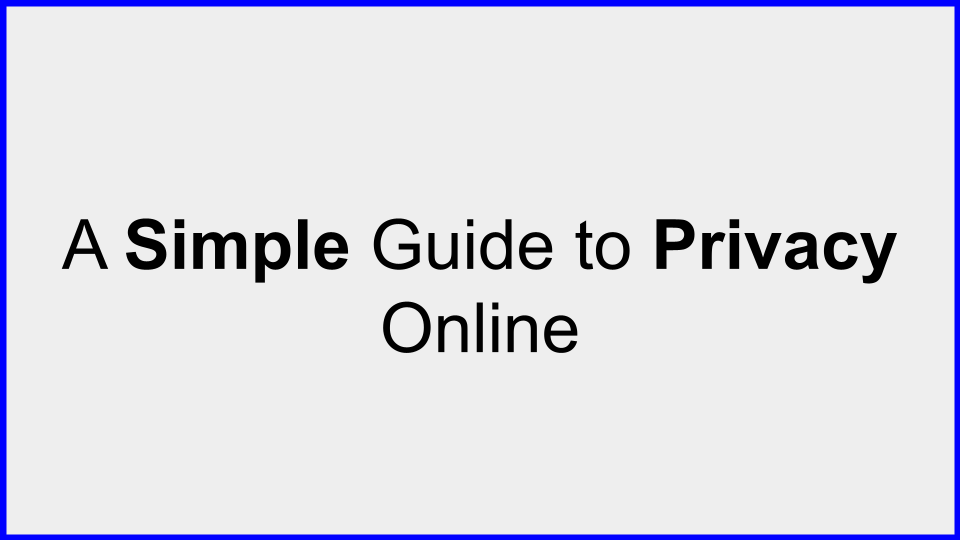Medium
2w
74

Image Credit: Medium
A Simple Guide to Privacy Online
- The article provides a simple guide to improving online privacy from around 1% to 60%, focusing on practical steps rather than aiming for perfect privacy.
- Key points include using Brave browser to block trackers, Mozilla VPN to hide internet activity, Signal for secure messaging, and OsmAnd for location privacy.
- Tips include avoiding sharing photos with location data, questioning privacy in different contexts, and not trusting platforms like Google or Facebook for privacy.
- Recommendations also cover search engines like DuckDuckGo, the importance of ad-blocking, and caution against using Tor without deep understanding.
- The article emphasizes that privacy is a right and suggests that being private online is about common sense, not having anything to hide.
Read Full Article
4 Likes
For uninterrupted reading, download the app